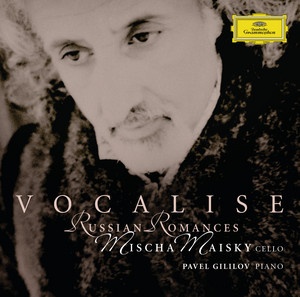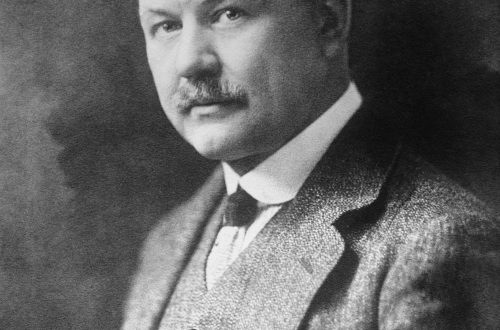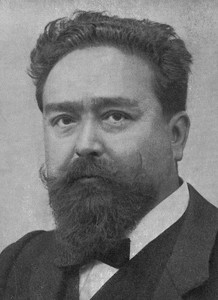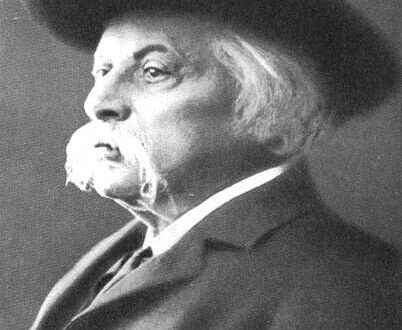
Alexander Lvovich Gurilyov |
Alexander Gurilyov
A. Gurilev entered the history of Russian music as the author of wonderful lyrical romances. He was the son of the once famous composer L. Gurilev, the serf musician Count V. Orlov. My father led the count’s serf orchestra in his Otrada estate near Moscow, and taught at women’s educational institutions in Moscow. He left a solid musical legacy: compositions for pianoforte, which played a prominent role in Russian piano art, and sacred compositions for choir a cappella.
Alexander Lvovich was born in Moscow. From the age of six, he began to study music under the guidance of his father. Then he studied with the best Moscow teachers – J. Field and I. Genishta, who taught piano and music theory in the Orlov family. From a young age, Gurilev played violin and viola in the count’s orchestra, and later became a member of the quartet of the famous music lover, Prince N. Golitsyn. The childhood and youth of the future composer passed in the difficult conditions of the manor serf life. In 1831, after the death of the count, the Gurilev family received freedom and, having assigned to the class of craftsmen-petty-bourgeois, settled in Moscow.
Since that time, A. Gurilev’s intensive composing activity began, which was combined with performances in concerts and great pedagogical work. Soon his compositions – primarily vocal ones – become popular among the widest sections of the urban population. Many of his romances literally “go to the people”, performed not only by numerous amateurs, but also by gypsy choirs. Gurilev is gaining fame as a prominent piano teacher. However, the popularity did not save the composer from the cruel need that oppressed him throughout his life. In search of earnings, he was forced to engage in even musical proofreading. The difficult conditions of existence broke the musician and led him to a severe mental illness.
Gurilev’s legacy as a composer consists of numerous romances, arrangements of Russian folk songs and piano pieces. At the same time, vocal compositions are the main sphere of creativity. The exact number of them is unknown, but only 90 romances and 47 adaptations were published, which made up the collection “Selected Folk Songs”, published in 1849. The composer’s favorite vocal genres were the elegiac romance and then popular romances in the style of “Russian song”. The difference between them is very conditional, since Gurilev’s songs, although they are closely connected with folk tradition, are very close to his romances in terms of the range of characteristic moods and their musical structure. And the melody of the actual lyrical romances is filled with purely Russian song. Both genres are dominated by motifs of unrequited or lost love, yearning for loneliness, striving for happiness, sad reflections on the female lot.
Along with the folk song, widespread in a diverse urban environment, the work of his remarkable contemporary and friend, composer A. Varlamov, had a great influence on the formation of Gurilev’s vocal style. The names of these composers have long been inextricably linked in the history of Russian music as the creators of Russian everyday romance. At the same time, Gurilev’s writings have their own special features. They are distinguished by predominant elegiacity, sad contemplation, and deep intimacy of the utterance. Moods of hopeless sadness, a desperate impulse for happiness, which distinguish Gurilev’s work, were in tune with the moods of many people of the 30s and 40s. last century. One of their most talented exponents was Lermontov. And it is no coincidence that Gurilev was one of the first and most sensitive interpreters of his poetry. To this day, Lermontov’s romances by Gurilev “Both boring and sad”, “Justification” (“When there are only memories”), “In a difficult moment of life” have not lost their artistic significance. It is significant that these works differ from others in a more pathetic ariose-recitative style, the subtlety of the piano exposition and approach the type of a lyrical-dramatic monologue, in many respects echoing the searches of A. Dargomyzhsky.
Dramatized reading of lyrical-elegiac poems is very characteristic of Gurilev, the author of hitherto beloved romances “Separation”, “Ring” (on A. Koltsov’s station), “You poor girl” (on I. Aksakov’s station), “I spoke at parting ”(on the article by A. Fet), etc. In general, his vocal style is closest to the so-called “Russian bel canto”, in which the basis of expressiveness is a flexible melody, which is an organic fusion of Russian songwriting and Italian cantilena.
A large place in Gurilev’s work is also occupied by expressive techniques inherent in the performing style of gypsy singers that were very popular at that time. They are especially pronounced in “daring, valiant” songs in the folk-dance spirit, such as “The Coachman’s Song” and “Will I Grieve”. Many of Gurilev’s romances were written in the rhythm of the waltz, which was widespread in the urban life of that time. At the same time, the smooth three-part waltz movement is in harmony with the purely Russian meter, the so-called. five-syllable, very typical for poems in the genre of “Russian song”. Such are the romances “Girl’s sadness”, “Don’t make noise, rye”, “Tiny house”, “The blue-winged swallow is winding”, the famous “Bell” and others.
Gurilev’s piano work includes dance miniatures and various variation cycles. The former are simple pieces for amateur music-making in the genre of waltz, mazurka, polka and other popular dances. Gurilev’s variations are a significant stage in the development of Russian pianism. Among them, along with pieces on the themes of Russian folk songs of an instructive and pedagogical nature, there are wonderful concert variations on the themes of Russian composers – A. Alyabyev, A. Varlamov and M. Glinka. These works, of which the variations on the theme of tercet from the opera “Ivan Susanin” (“Don’t languish, dear”) and on the theme of Varlamov’s romance “Don’t Wake Her at Dawn”, are especially prominent, approaching the romantic genre of virtuoso-concert transcription. They are distinguished by a high culture of pianism, which allows modern researchers to consider Gurilev “an outstanding master in terms of talent, who managed to go beyond the skills and horizons of the Field school that brought him up.”
The characteristic features of Gurilev’s vocal style were later refracted in different ways in the work of many authors of Russian everyday romance – P. Bulakhov, A. Dubuc and others. a refined implementation in chamber art of outstanding Russian lyricists and, first of all, P. Tchaikovsky.
T. Korzhenyants





